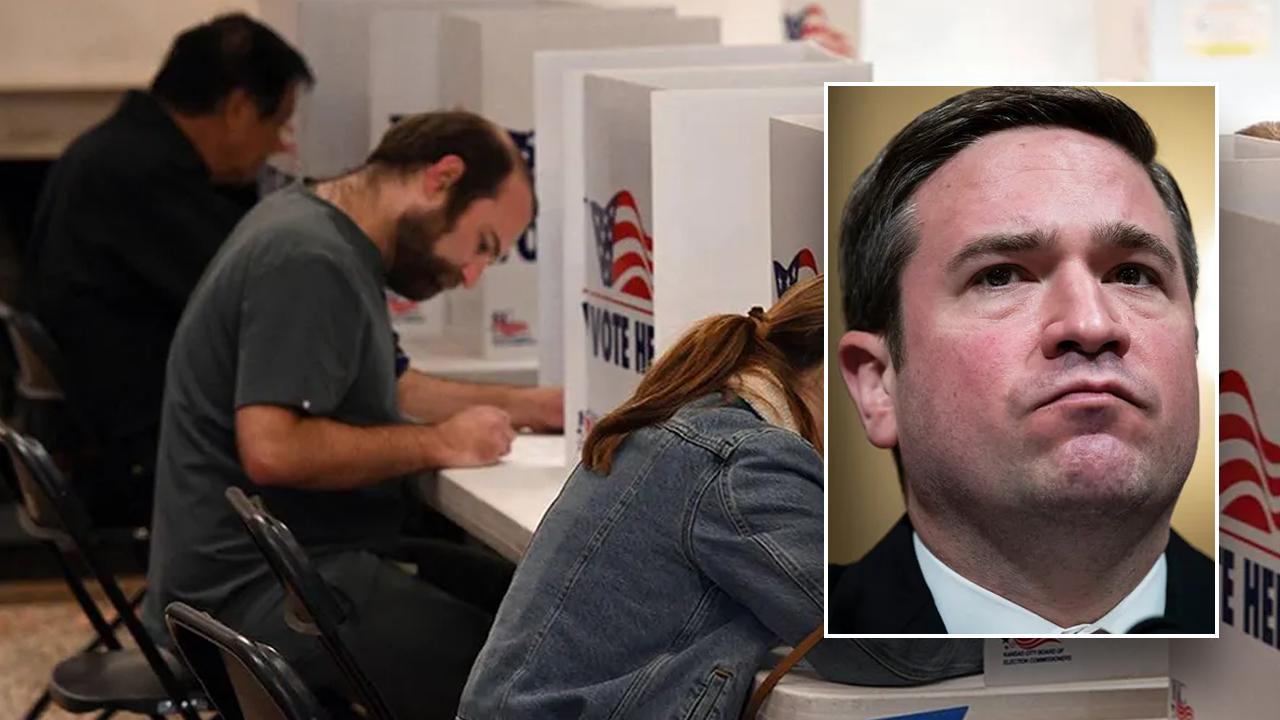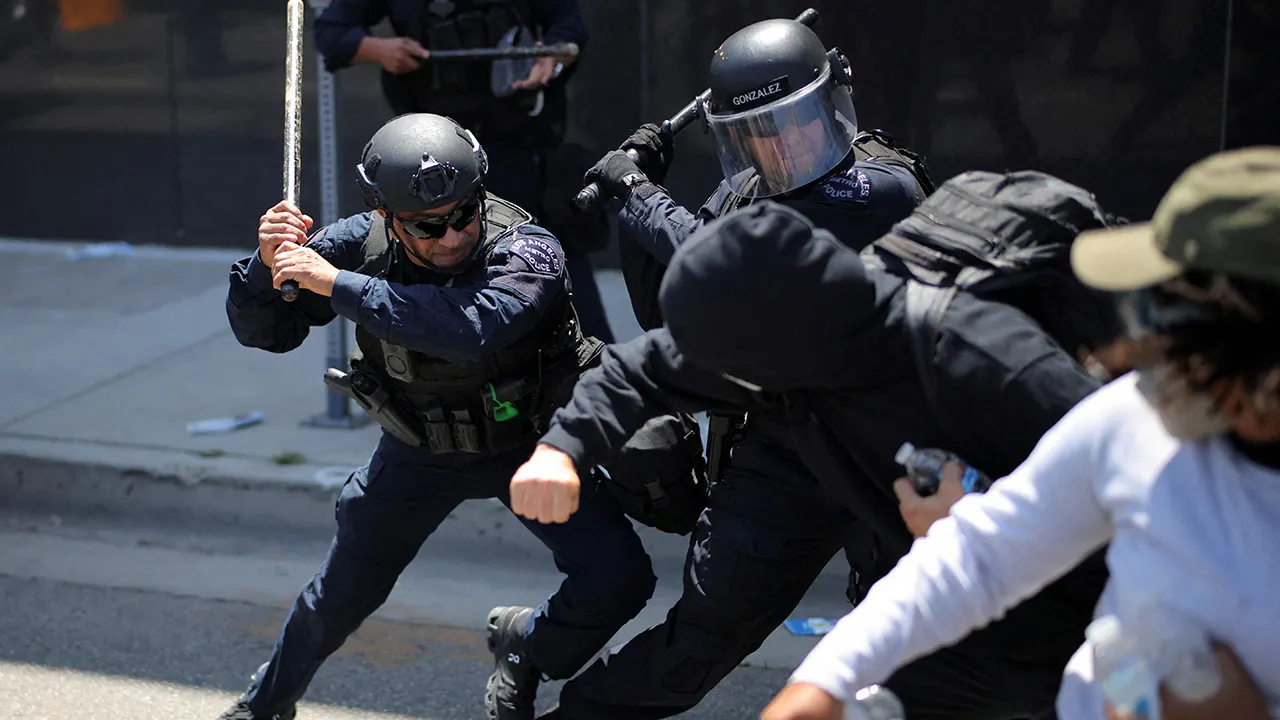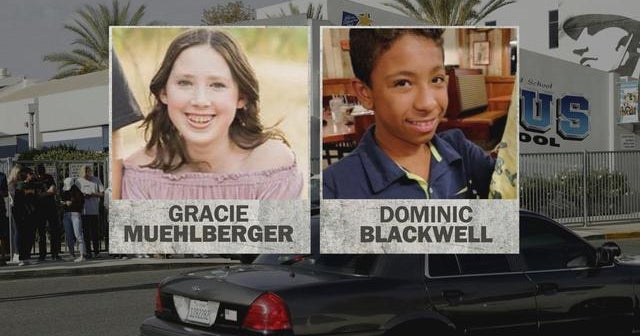In a significant legal development, Missouri’s recent ruling to uphold its photo ID voting law has prompted a renewed national conversation on the balance between election integrity and voter accessibility. The decision is hailed by supporters as a necessary step toward securing the electoral process, while critics argue that it could disproportionately affect certain groups of voters, raising concerns over voter suppression. This article explores the implications of this law, its potential effects on the state’s elections, and the broader debate surrounding voter identification laws across the United States.
Understanding Missouri’s Photo ID Voting Law
Missouri’s photo ID voting law requires voters to present a government-issued photo identification before casting their ballots. The law was first enacted in 2006, but it has faced numerous legal challenges since then. In its most recent ruling, the Missouri Supreme Court upheld the law, affirming its constitutionality. This decision comes after years of legal battles, with proponents arguing that photo ID requirements are a reasonable measure to prevent voter fraud, while opponents contend that such laws disenfranchise vulnerable populations.
The Rationale Behind Photo ID Requirements
Advocates of photo ID requirements argue that the law is crucial for protecting the integrity of the electoral process. According to supporters, presenting a valid photo ID helps ensure that only eligible voters participate in elections, thereby reducing the risk of voter impersonation and other forms of fraud. Proponents also point to studies showing that voter fraud, though rare, is a legitimate concern in a democratic society. By mandating photo ID, Missouri aims to eliminate any potential avenues for fraud and increase public confidence in the results of elections.
- Voter impersonation prevention: Voter ID laws prevent individuals from voting under false pretenses.
- Public confidence: By ensuring only qualified voters cast ballots, the law is designed to maintain the integrity of election outcomes.
- Consistency across states: Many other states have adopted similar laws, creating uniformity in election security protocols.
Challenges and Criticisms of the Law
While the photo ID law is supported by many, it has been met with significant opposition from various groups, particularly civil rights organizations and voter advocacy groups. Critics argue that the law disproportionately impacts low-income individuals, people of color, elderly voters, and those with disabilities, all of whom may be less likely to possess a government-issued ID.
One major concern is the burden placed on individuals who must acquire an ID. While the Missouri law allows voters without an ID to cast a provisional ballot, critics contend that this process is confusing and often leads to ballots being discarded. In addition, obtaining an ID often involves navigating bureaucratic hurdles, including long wait times, travel costs, and documentation requirements, which can deter some voters from participating in elections.
- Voter disenfranchisement: Opponents argue that the law disproportionately affects marginalized communities.
- Administrative burden: Acquiring a photo ID may present significant logistical challenges for voters, particularly those in rural or underserved areas.
- Provisional ballots: Critics contend that provisional ballots are often rejected due to bureaucratic errors or procedural flaws.
The Broader Debate on Voter ID Laws
Missouri’s ruling is part of a larger national debate over voter ID laws, which have been enacted in various forms across the United States. Supporters argue that these laws are necessary to prevent fraud and ensure the integrity of elections, while critics view them as a form of voter suppression aimed at reducing turnout among certain demographic groups.
Election Integrity vs. Voter Access
The central issue at the heart of the voter ID debate is the balance between ensuring election security and protecting voters’ rights. While election security is undeniably important, it is equally vital that every eligible citizen has an equal opportunity to participate in the democratic process. Some studies suggest that voter ID laws do little to combat fraud, while others point out that they may suppress turnout, particularly in close races where every vote matters.
In Missouri, as well as in other states with similar laws, the question remains: Do the benefits of photo ID laws outweigh the potential drawbacks? Several studies have examined the impact of voter ID laws on voter turnout, with mixed results. Some studies indicate that such laws lead to a decline in voter participation, particularly among younger voters, people with disabilities, and racial minorities. Other research, however, suggests that the impact of these laws on turnout is minimal, and that voters who do not possess an ID are likely to make the effort to obtain one.
State-Specific Variations
It’s important to note that voter ID laws vary significantly from state to state, both in terms of their stringency and the provisions made for those who cannot afford or access an ID. Some states have more lenient requirements, allowing voters to use a wide range of identification types, while others have stricter laws, requiring government-issued photo IDs only. Additionally, some states offer free IDs to those who cannot afford them, while others do not.
The Missouri case is part of a broader trend in which courts are increasingly siding with proponents of voter ID laws. However, many states have also made efforts to mitigate the potential negative effects of these laws. For example, in some states, voters who cannot produce an ID at the polls can sign an affidavit attesting to their identity, allowing them to vote without further complication.
Missouri’s Photo ID Law in the Context of National Election Trends
The decision to uphold Missouri’s photo ID law comes at a time when election security has become a top priority for lawmakers across the country. Following the 2020 presidential election, a number of states passed new laws or made changes to existing laws aimed at tightening election security. These measures, which include photo ID requirements, restrictions on absentee voting, and changes to mail-in ballot procedures, have sparked a wave of legal challenges, with advocates arguing that these laws suppress the vote, particularly in communities that have historically faced barriers to voting.
The Future of Voter ID Laws
As more states adopt and enforce photo ID laws, the debate over their effectiveness and fairness is likely to continue. The question remains whether such laws actually prevent fraud or simply create unnecessary obstacles for voters. As Missouri’s experience shows, the legal battle over these laws is far from over. While proponents of the photo ID requirement celebrate the Missouri Supreme Court’s decision, opponents are likely to continue pushing for reforms that would make voting more accessible for all citizens.
Potential Solutions and Compromises
One potential solution is to implement measures that ensure both election security and voter accessibility. Some experts advocate for a compromise approach, which includes providing free, easily accessible photo IDs to all eligible voters, along with making sure that the ID acquisition process is as streamlined and simple as possible. In addition, allowing for a broader range of identification types, such as student IDs, utility bills, and other forms of identification, could help ease the burden on voters who face difficulties obtaining government-issued photo IDs.
Another approach might involve expanding early voting and absentee voting options, which could mitigate the impact of voter ID laws by offering more flexibility in how citizens cast their ballots. Ensuring that all eligible voters can participate in the election process, regardless of their access to a photo ID, should remain a top priority for lawmakers.
Conclusion
The ruling to uphold Missouri’s photo ID voting law has added a new chapter to the ongoing debate over election integrity and voter access. While the law’s supporters argue that it is necessary to secure the electoral process, critics warn that it could disenfranchise vulnerable populations. As the national conversation around voter ID laws continues, it is clear that finding a balance between ensuring election security and protecting voters’ rights will remain a challenge. Moving forward, policymakers must carefully consider the impacts of these laws and seek solutions that promote both fairness and security in the electoral process.
For more information on voter ID laws and election integrity, visit the Brennan Center for Justice or check the latest updates from CNN.
See more CNN Headline



